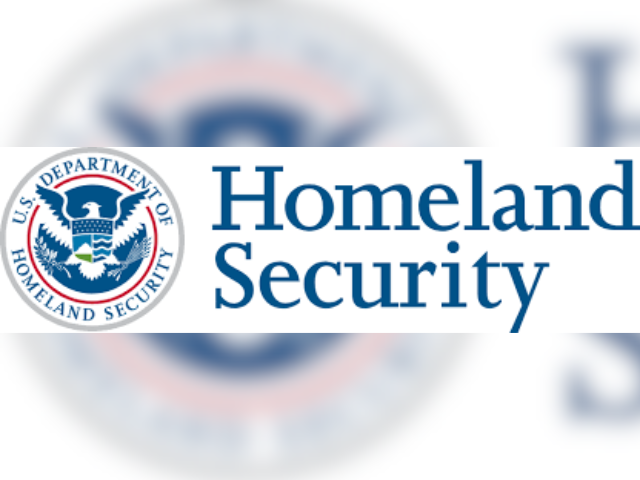The Trump administration has reactivated a long-standing immigration law requiring all foreign nationals present in the United States for more than 30 days to register with federal authorities.
The directive, enforced under the Alien Registration Act, was reintroduced under Executive Order 14159, signed by President Donald Trump in January.
Department of Homeland Security Secretary Kristi Noem issued a firm reminder that all noncitizens, regardless of immigration status, must comply with registration requirements by April 11 or face legal consequences, including fines and imprisonment.
“President Trump and I have a clear message for those in our country illegally: leave now,” Noem said.
“We will enforce all our immigration laws without exception.”
The directive forms part of the Trump administration’s broader immigration enforcement agenda under the executive order titled Protecting the American People Against Invasion.
DHS outlined the following compliance criteria:
-
Foreign nationals in the US for 30 days or more as of April 11 must register with USCIS immediately.
-
Those entering the US on or after April 11 must register within 30 days of arrival.
-
Children turning 14 must re-register and provide fingerprints within 30 days of their birthday.
-
Parents or guardians must register minors who remain in the US for over 30 days.
Upon registration and fingerprinting, DHS will issue proof of compliance. Noncitizens aged 18 and older are required by law to carry this documentation at all times.
DHS confirmed it will prioritise enforcement actions post-deadline and warned there will be “no sanctuary for noncompliance.”
In addition law enforcement officers, including traffic police, are now legally allowed to ask individuals to show proof of their immigration registration status.
Canadians staying in the US for more than 30 days must also register, unless they already have an I-94 admission record.
Those entering by land or ferry need to make sure they receive this document. “There’s a $6 fee for the I-94, and it can be requested ahead of time at a land border,” an immigration advisory stated.
Travelers can also use the CBP One mobile app to complete this process.
The renewed enforcement of the Alien Registration Act, originally passed in 1940, comes amid rising political and public scrutiny over immigration policy and border security.
The Trump administration has vowed to take a strict approach to ensure national security and restore “accountability” to the immigration system.
Officials have not disclosed how many foreign nationals are currently subject to the registration order but emphasised that the measure applies universally, including to visa overstayers, asylum seekers, and undocumented residents.
#warns #foreign #nationals #register #face #penalties #Alien #Act










